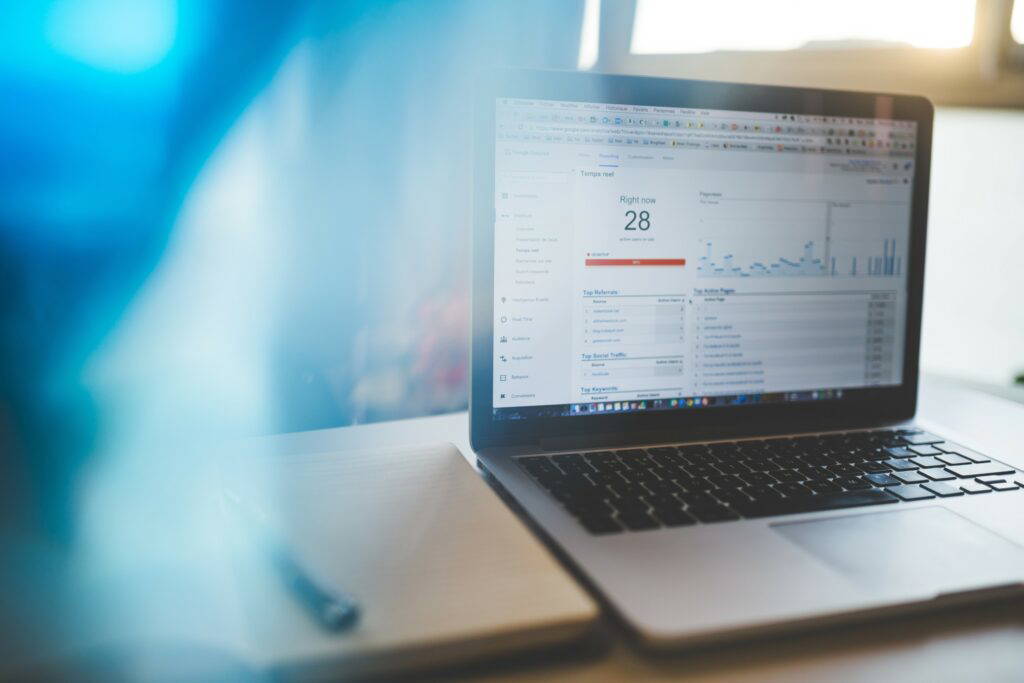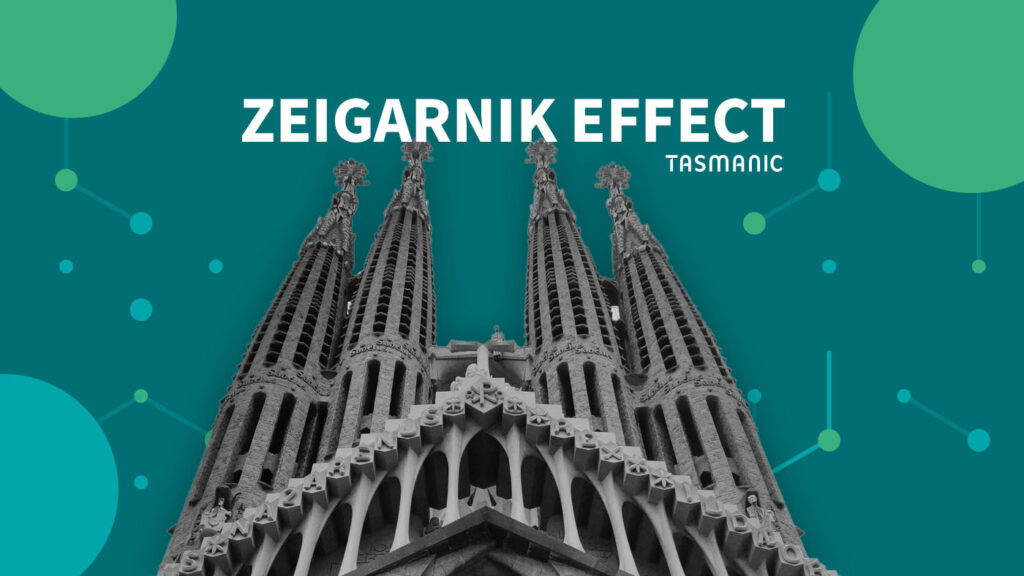
Last updated December 19, 2024
Introduction
Whoever says A also wants to say B. In other words: Once you start something, you want to finish it. This principle underlies the Zeigarnik effect. Find out in this article what this effect is and how to use it effectively as an entrepreneur.
What is the Zeigarnik effect?
The Zeigarnik effect describes the tendency of people to remember unfinished or incomplete tasks and goals better than completed tasks and goals (Zeigarnik, 1927).
According to Russian psychologist Bluma Zeigarnik, a task interruption helps you remember the task better or remember more details. We also call the Zeigarnik effect the cliffhanger effect.
How does the Zeigarnik effect occur?
The moment the task is incomplete or incomplete, it requires an effort from your short-term memory. It has to work to keep remembering the task by repeating it continuously. Thus, when the task is not completed for an extended period of time, your memory will remember all the details for an extended period of time. Thanks to the continuous mental effort, the task remains fresh in your memory. Only when the task is completed can the brain relax.
For example, when a task is completed within a few hours, your memory does not have to make an effort to remember the details. Therefore, after completing the task, you forget it quickly. If you have put a lot of effort into remembering the task all this time, we are also less likely to forget it. Details of interrupted tasks are remembered up to 90% better (Zeigarnik, 1927).
Also, unfinished tasks or unachieved goals often stress us out, so we like to complete tasks as quickly as possible. As a result, we keep thinking about it. It keeps gnawing away! However, if people do not have the motivation or intention to complete the task, it is also less well remembered.
The Zeigarnik effect is related to our need to remain consistent to previous decisions; after all, we decided to start something. See also: cognitieve dissonantie.
Examples practice
- When you have to study for an exam, it is better to take a study break every now and then than to want to learn everything at once. So give yourself a break and concentrate on something completely different. This often improves your study results.
- There are a few "open ends" in every Harry Potter book that don't come up again until subsequent books. This makes the storyline stick extra well.
Using the Zeigarnik effect to your advantage
As an entrepreneur, can you use the Zeigarnik effect smartly? Most certainly, and here's how:
- In a community or online course, you can use the familiar bullet point that something is unread. Think of posts, topics or lesson objectives. People will then open more, get more information to them and therefore be more engaged and active.
- In forms on your website, use several steps. After completing the first step(s), the interested party is less likely to drop out because part of the task has already been completed.
- In email marketing, send a reminder when a task has not been completed, such as an item left in your shopping cart or a vacation you've been looking at.
- Offer the ability to create a wish list. By doing so, the consumer is already making a sort of mini-commitment to himself to possibly buy it.
- Give away a bonus when, for example, the newsletter subscription is completely completed. After completing the data, the interested party receives an email to complete the subscription, after which the perk follows.
- Sacrifice early profits because research has shown that, on average, customers do not make a purchase until the 7th point of contact (Lant, 1987)!
Resources
Lant, J. (1987). "Money Making Marketing: Finding the People Who Need What You're Selling and Making Sure They Buy It."
Zeigarnik, B. (1927). "Untersuchungen zur Handlungs- und Affektpsychologie. III. Das Behalten erledigter und unerledigter Handlungen". Psychological Forschung. 9: 1-85.
Are the results from your online marketing disappointing?
Request our no-obligation performance scan and we'll tell you where you're going wrong.

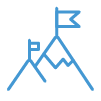

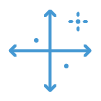









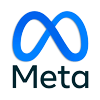

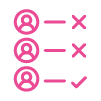
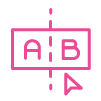
 Team
Team FAQ
FAQ Vacancies
Vacancies Contac
Contac AWR
AWR Ahrefs
Ahrefs Channable
Channable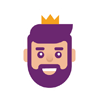 ContentKing
ContentKing Leadinfo
Leadinfo Optmyzr
Optmyzr Qooqie
Qooqie Hubspo
Hubspo Semrush
Semrush


